Meditation, which promotes self-awareness and compassion, can also improve health. Meditation, practiced for thousands of years in Hindu, Buddhist, Zen/Chan, and Taoist groups, helps people manage stress and concern in a busy society. It can soothe stressed people and provide insight. Meditation improves attention, emotional awareness, kindness, compassion, empathetic joy, and mental stability in stressful situations. Regular meditation can help people be nice to themselves and others. It can also train you to react less in difficult situations. In this blog we will explore health benefits of meditation in detail.
Decreases stress
One of the main reasons people start meditating is to deal with stress. It was found in one review that meditation really does help reduce stress. The stress hormone cortisol normally rises when you are under mental or physical worry. This causes many of the bad effects of stress, like the release of chemicals called cytokines that cause inflammation. These effects can make it hard to sleep, make you depressed or anxious, raise your blood pressure, and make you tired and unable to think clearly. A type of meditation called “mindfulness meditation” lowered the inflammatory reaction to stress in a study that lasted 8 weeks. Additionally, studies have shown that meditation may help people with stress-related illnesses like irritable bowel syndrome, PTSD, and fibromyalgia feel better.
Cares for nerves
Meditation reduces tension and anxiety. Meditation may reduce anxiety, according to nearly 1,300 studies. This effect was greatest in worried people. One study indicated that 8 weeks of mindfulness meditation reduced anxiety symptoms, improved self-statements, and improved stress management in persons with generalized anxiety disorder. Another study indicated that 47 chronic pain patients’ depression, anxiety, and pain improved after 8 weeks of meditation. Yoga reduces anxiety, for instance. This is likely because meditation and exercise are healthy. Meditation may also reduce work stress. One study indicated that 8-week mindfulness meditation app users felt better about their health and had less stress and job strain than control group members.
Holds attention longer
Meditation for focus is like weightlifting for attention. It strengthens and sustains focus. A single investigation indicated that meditation tape listeners had better attention and accuracy than control group listener. A comparable study found that regular meditators had better visual task performance and attention span than non-meditators. Daily meditation for a short time may benefit you. After 8 weeks, 13-minute daily meditation improved attention and memory.
Can inspire kindness
Positive sentiments and actions for yourself and others may increase with some meditations. Love-kindness meditation, or metta, starts with pleasant thoughts and sentiments toward yourself. People practice kindness and forgiving with friends, next acquaintances, and last adversaries. A meta-analysis of 22 studies found that this meditation increases self- and other-compassion.
Helps fight addictions
Meditation can help you break dependencies by improving self-control and awareness of addictive cues. Meditation has been demonstrated to help people focus, manage emotions and impulses, and comprehend their reasons. A 3-month research of 60 alcohol use disorder patients indicated that transcendental meditation reduced stress, psychological discomfort, alcohol cravings, and alcohol use. Meditation may reduce food cravings. A study of 14 trials revealed mindfulness meditation reduced emotional and binge eating.
Better sleep
The practice of meditation has been shown to reduce the amount of time it takes to fall asleep and to improve the overall quality of sleep.
Less pain
Meditation has been shown to lessen pain and improve the ability to regulate emotions. This may be helpful in the treatment of chronic pain when combined with medical care.
Lower blood pressure
People who meditate frequently see a reduction in their blood pressure both during the practice of meditation and throughout the course of that practice. In addition to lowering the strain on the heart and blood vessels, this can also assist in the prevention of heart disease.
How to meditate
There is hundreds of beginner to advanced meditation techniques. Starting with a simple practice you can incorporate into your routine is recommended. Starting with a few minutes, you can practice this daily at the same time. Practice builds discipline and skill.
Follow these meditation steps:
- Sit or stand quietly with eyes closed or down.
- Set a time limit, especially for beginners. Five or 10 minutes.
- Feel your body. Keep yourself stable and comfortable throughout.
- Practice focused attention: Two approaches to focus on breathing. You can see your torso expanding and contracting. Or you can feel breath in your nose with each inhalation and exhale. After stabilizing your breath concentration, you can notice your thoughts, emotions, sensations, and sounds as they come and go.
- Notice your mind wandering, which will happen. Don’t be hard on yourself if your mind wanders—just acknowledge it and gently return to your breath.
- Finally, remember our humanity. Think, “May I and all living beings be well, safe, nourished, and healthy.”
Meditation improves stress, anxiety, focus, kindness, addiction control, sleep, pain, and blood pressure. Meditation increases self-awareness and compassion via centuries-old practice. Start with modest meditation practices and build up, improving discipline and skill. Be kind to yourself as you meditate, and may you and all beings find wellness, safety, nourishment, and health.


